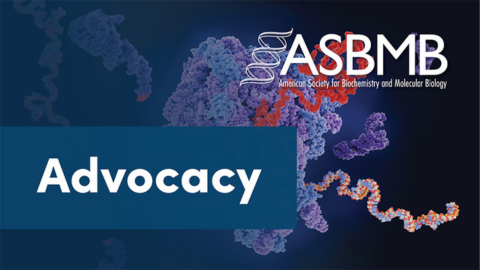Maternity planning for postdocs
Planning to start a family can be a challenge for early career researchers, who often wonder when the “best” time might be. During graduate school? While on the tenure track? After tenure? Those considering the postdoctoral years can be constrained by multiple short-term appointments and the general uncertainty of a job market that offers no guarantees of stable, long-term employment.
Recent focus groups conducted by the National Postdoctoral Association spotlighted these concerns among current and former postdoc women. A key concern expressed by participants was how to balance the “postdoc clock” versus the biological clock. One postdoc characterized the uncertainty this way: “You know, having a baby during grad school: maybe not the best idea. Having your baby while you’re tenure-track: maybe not the best idea. So does that mean that I have to get pregnant right now because my postdoc is 24 months long, and that's it?”
Underscoring this uncertainty is the fact that postdocs often experience a lack of defined status at their institutions, or, as described by focus-group participants, a feeling of being “in limbo.” As neither students nor faculty members, postdocs can feel isolated at institutions that lack infrastructure to support their positions, such as family-responsive policies such as paid maternity leave. Most postdocs cobble together combinations of annual leave, partially paid disability insurance and unpaid leave. Moreover, the details of how such benefits apply to postdocs can be confusing due to the variety of postdoc employment classifications and funding sources.
To demystify the process of maternity planning, the National Postdoctoral Association recently published “A Postdoc’s Guide to Pregnancy and Maternity Leave.” It provides an overview of planning issues for women who are pregnant or considering becoming pregnant during their postdoc and for their partners, including safety during pregnancy, understanding paid- and unpaid-leave options, and advice for keeping research going during pregnancy and leave. Below are some highlights from the guide.
 |
|
©National Postdoctoral Association |
Pregnancy safety: Postdoc women considering pregnancy should think about requesting an evaluation of workplace hazards to those of child-bearing age prior to conception. Such an evaluation can allow a postdoc to identify hazards without declaring a pregnancy earlier than needed.
Basic right to maternity leave: Under Title IX, women at federally funded institutions should be entitled to take, at the minimum, job-protected, unpaid leave for a “reasonable” amount of time. In practice, the details of how leave is taken, for how long and how it might be paid depend solely upon an institution’s policies. Postdocs should talk to their institutions’ postdoc and/or human-resources offices about their options.
Keeping your research going: Postdocs planning family leave should begin making arrangements early for needed research accommodations. A written research plan can help lay out milestones and expectations for this period and provide a mechanism for discussing leave with a postdoctoral supervisor or collaborators who may be able to help keep a project going.
Enjoy reading ASBMB Today?
Become a member to receive the print edition four times a year and the digital edition weekly.
Learn moreFeatured jobs
from the ASBMB career center
Get the latest from ASBMB Today
Enter your email address, and we’ll send you a weekly email with recent articles, interviews and more.
Latest in Careers
Careers highlights or most popular articles

Becoming a scientific honey bee
At the World Science Forum, a speaker’s call for scientists to go out and “make honey” felt like the answer to a question Katy Brewer had been considering for a long time.

Making career resolutions a reality
Planning your next year (or 10) can include backward planning, exploratory goals and more

Upcoming opportunities
Register for ASBMB's Feb. 6 webinar on perceptions of science and public engagement.

I find beauty in telling stories about giants
Andrea Lius wished she could find a focus for her scientific research — until she realized that what she really liked was talking to other scientists about the focus of their work.

Upcoming opportunities
Feb. deadlines: Register for ASBMB's meeting on ferroptosis by Feb. 18 to save $50. Plus, book a recruiter table at the #ASBMB25 career and education fair by Feb. 15.

New year, new goals: Advice for grad students
Fourth-year Ph.D. candidate Matt Selby talks to careers columnist Courtney Chandler about his personal goal of publishing a first-author journal article and the importance of time management.

